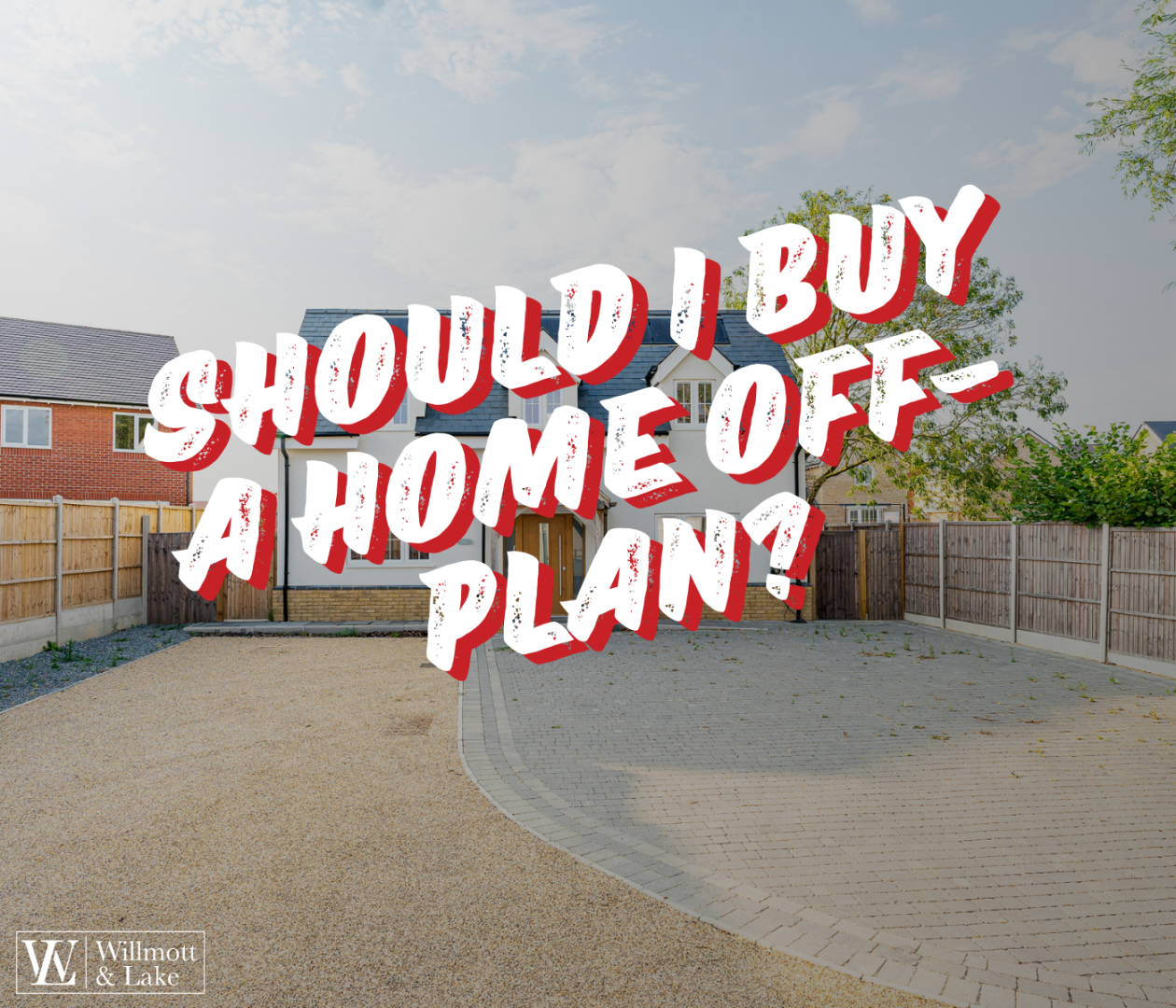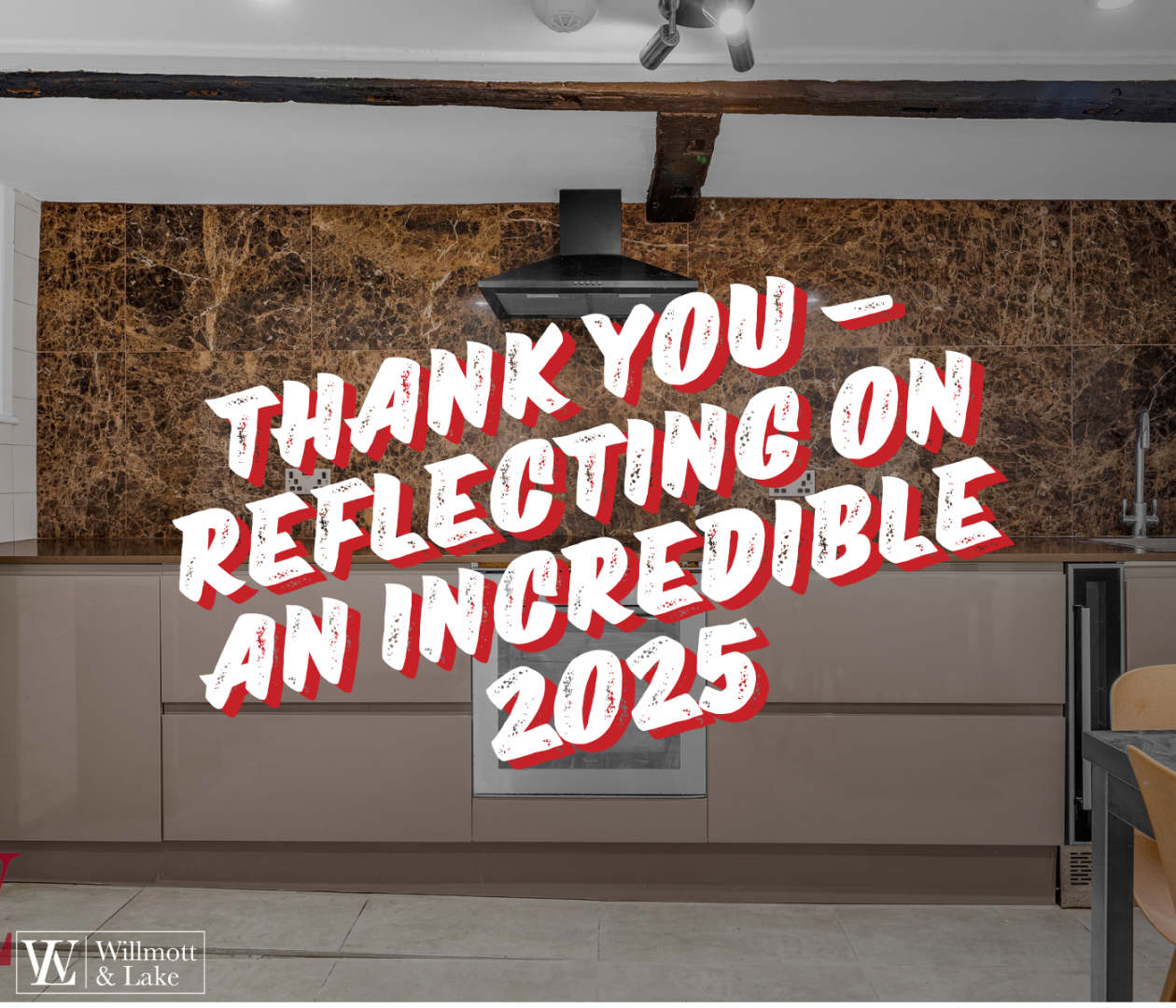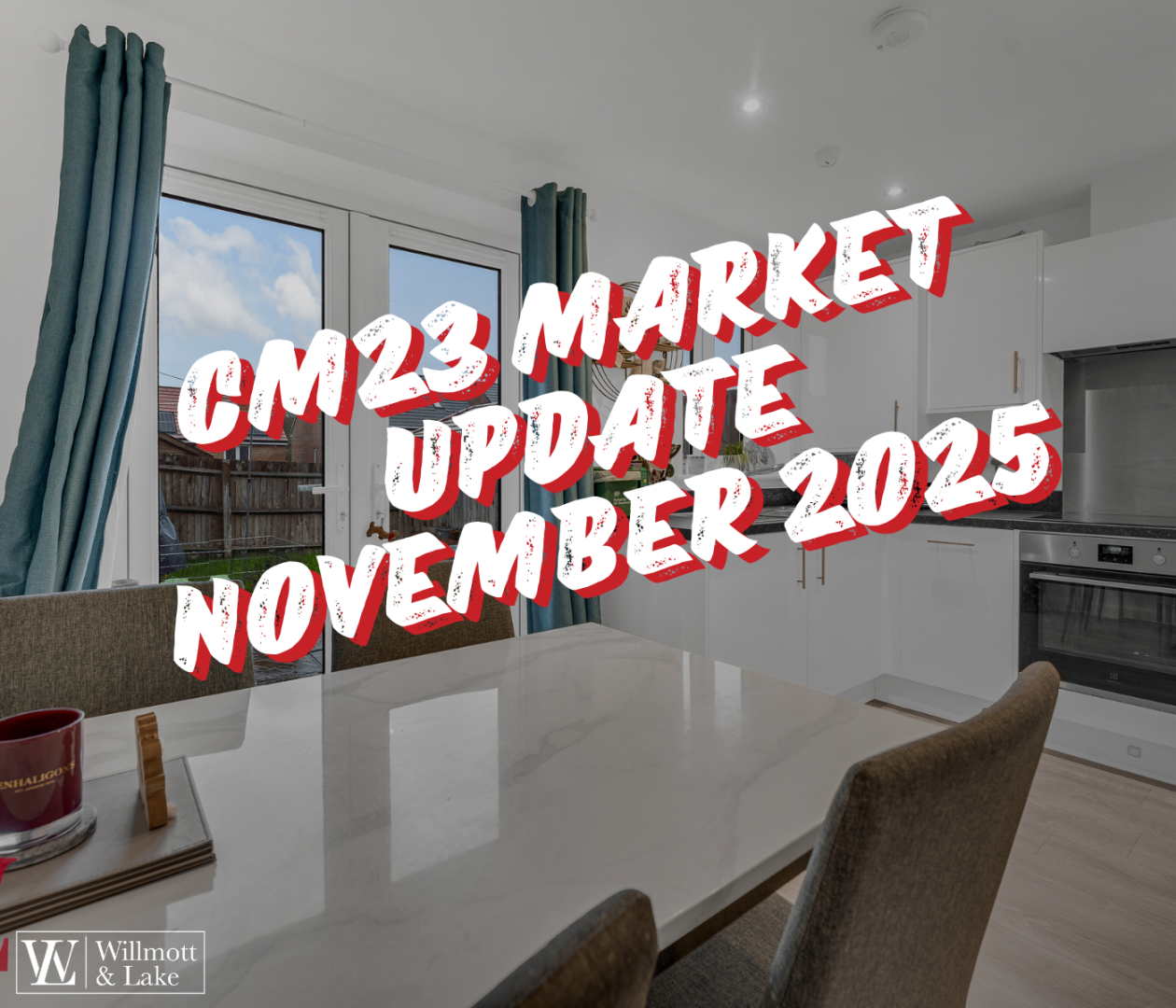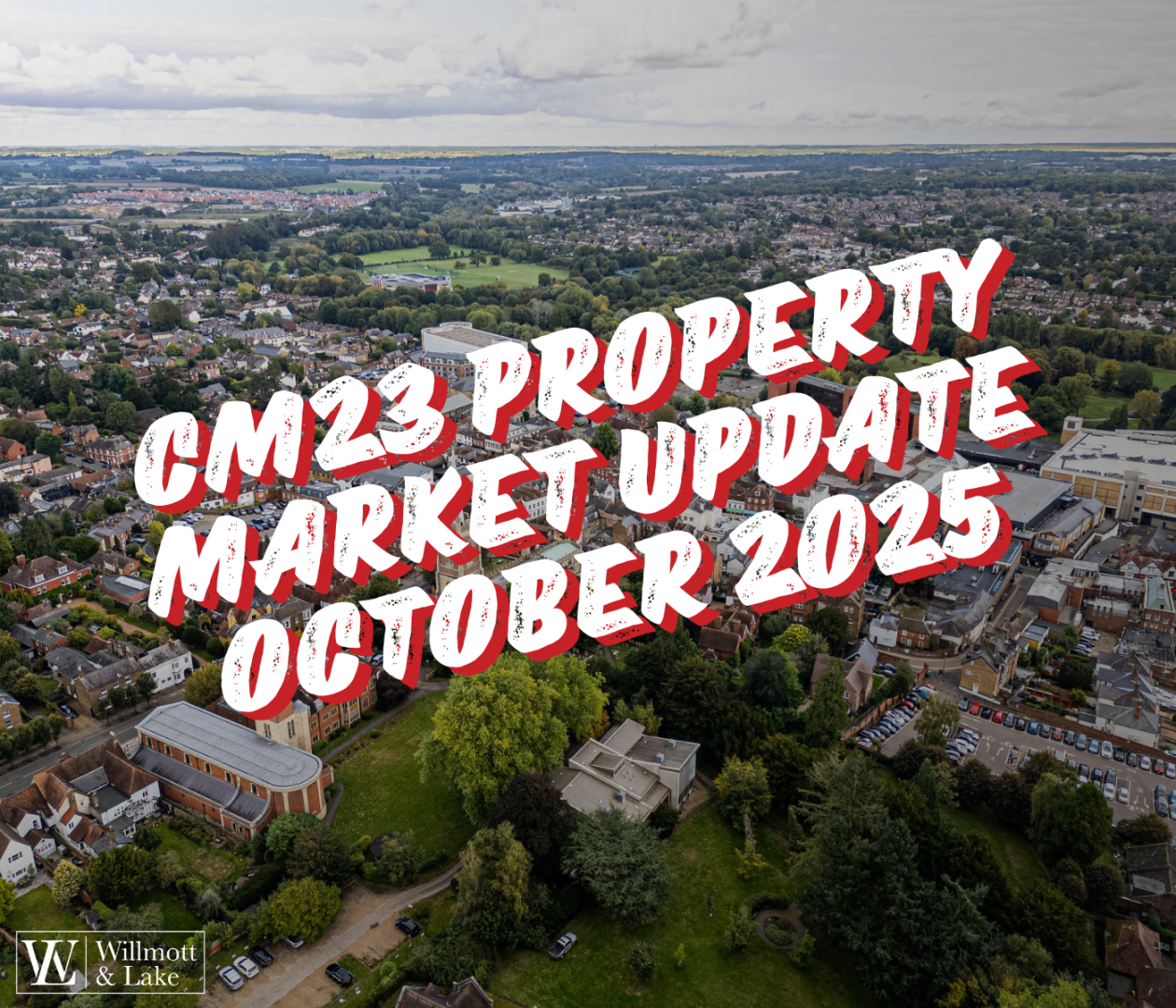If you're thinking about buying a new property, many homes can now be bought off-plan, meaning you commit to the purchase before the home is actually built. While you won’t be able to see the physical property, developers typically provide plans, CGI images, and brochures to give you a good idea of what the final product will look like. Some might also have a show home built in advance.
Once you've chosen your property, you'll need to pay a reservation fee, usually between £500 and £1,000, to secure it. You'll then have 28 days to exchange contracts and pay your deposit. It's important to confirm where your money will be held during the build and what happens to it in the event the developer runs into financial trouble.
When the property is complete, the developer will notify you to finalize the purchase and settle the remaining balance. Before you take ownership, it's a good idea to have the property ‘snagged’ to identify any issues or damages so the developer can fix them.
New builds are popular with investors since they come with warranties, are typically in neutral décor, and are often located in areas undergoing regeneration. Additionally, investors might be able to negotiate discounts if purchasing multiple units.
Advantages of buying off-plan:
- You often get the chance to personalize your new home, as many developers let you choose or upgrade fixtures and fittings.
- Buying early gives you a wider selection of available properties and sometimes even a discount on the purchase price.
- Developers often offer incentives, like covering the cost of stamp duty.
- If the property market is on the rise, you can benefit from the increase in value during the construction phase.
- New homes usually come with a guarantee (typically around 10 years) to cover any faults, along with aftercare services.
- They’re often part of regeneration projects, so you could enjoy the perks of living in an up-and-coming area.
- Plus, you’ll be the very first person to own and live in the property!
Disadvantages of buying off-plan:
- You won’t be able to view the actual property before it's built, so it can be hard to fully visualize the final result.
- If property prices drop by the time it's completed, the home might be worth less than what you agreed to pay, especially if there’s a long gap between reserving and completion.
- You're relying on the developer to stick to the timeline, but construction delays are common, making it harder to plan your move. When the property is ready, developers often give just 10 days' notice to complete the sale.
- Once committed, you can't pull out of the purchase even if you don’t like the property when it's done.
- If you need a mortgage, your offer usually only lasts six months. If the property takes longer to complete, you'll need to extend or reapply. If your situation, property value, or lending criteria change, you may not be able to secure the same mortgage offer.







Share this with
Email
Facebook
Messenger
Twitter
Pinterest
LinkedIn
Copy this link